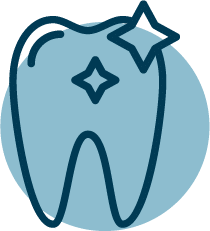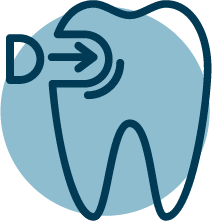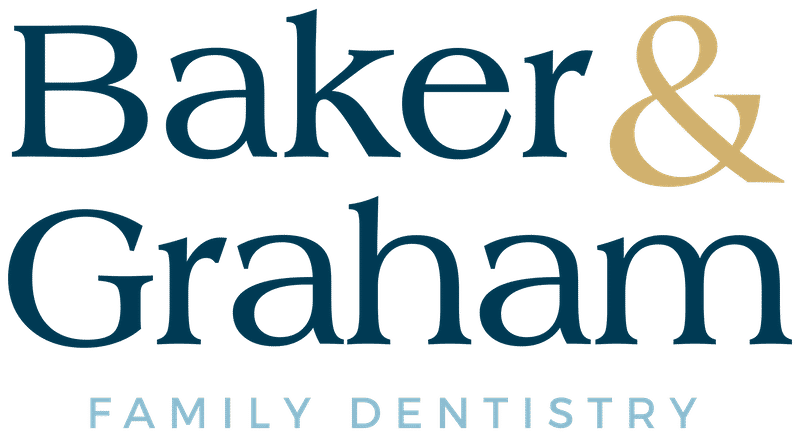
Baker & Graham
Overview
Regular Exams and Cleanings
Regular exams are an important part of maintaining your child’s oral health and their total body health. During their regular exam, we will check for any problems that you may not be able to see, look for cavities and other signs of tooth decay, and provide a thorough teeth cleaning.
Per the American Academy of Pediatric Dentistry’s recommendation, we suggest that your child see us as soon as their first baby teeth erupt, or by their first birthday.
Sealants
Sometimes brushing is not enough, especially when it comes to those hard-to-reach spots in the back of your little one’s mouth. It is difficult for a toothbrush to get in between the small cracks and grooves on your teeth. If left alone, those tiny areas can develop tooth decay. Sealants give your child’s teeth extra protection against decay and help prevent cavities.
Dental sealants are a plastic resin that bonds and hardens in the deep grooves on the tooth’s surface. When a tooth is sealed, the tiny grooves become smooth and are less likely to harbor plaque. With sealants, brushing your teeth becomes easier and more effective against tooth decay.
Sealants are typically applied to children’s teeth as a preventive measure against tooth decay after the permanent teeth have erupted. It is more common to seal “permanent” teeth rather than “baby” teeth, but every patient has unique needs, and your dentist will recommend sealants on a case-by-case basis.
Sealants last from three to five years, but it is fairly common to see adults with sealants still intact from their childhood. A dental sealant only provides protection when it is fully intact, so if your child’s sealants come off, let your dentist know, and schedule an appointment for their teeth to be re-sealed.

Fluoride

Treating Decay
At-Home Care
- Examine your child’s teeth at home every two weeks, looking closely for lines and discoloration that may be caused by decay. If you notice signs of decay, contact your dentist as soon as possible. Quick treatment can prevent the decay from becoming worse or affecting surrounding teeth.
- Remember that sugary foods and liquids can attack new teeth, so take care to brush your child’s teeth after feeding or eating. We recommend brushing your child’s teeth with a soft-bristled brush and just a dab of toothpaste (about the size of a grain of rice) four times a day for optimal oral hygiene: after breakfast, after lunch, after dinner, and at bedtime.
- Unless advised to you by your dentist, avoid fluoride toothpastes in children under two years old.
- Flossing is also a part of good oral hygiene habits, and your dentist will discuss with you the right time to start flossing.Unless advised to you by your dentist, avoid fluoride toothpastes in children under two years old.
- If it’s been six months since your last dental checkup, then it’s time to contact our practice and schedule your next appointment!

